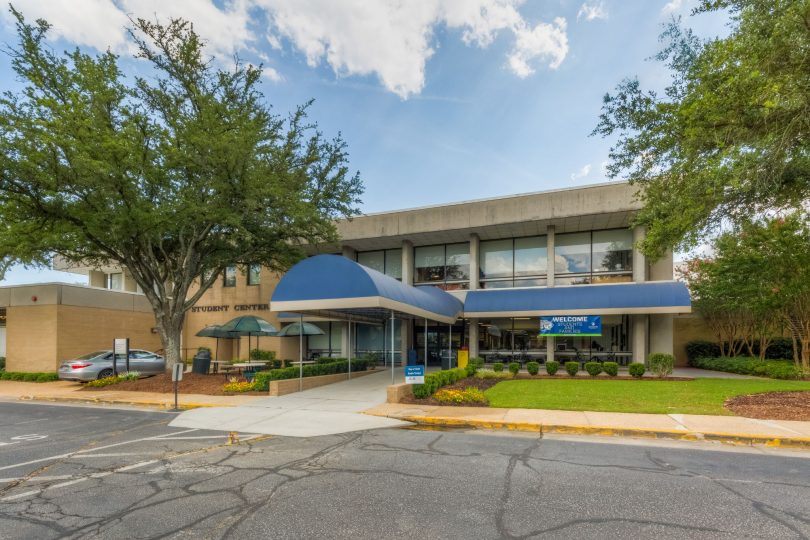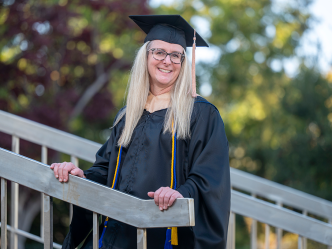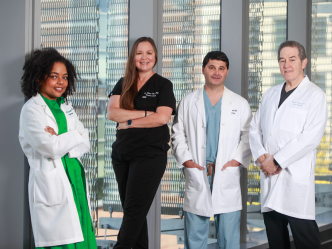Over the last four years, the number of student counseling crisis appointments — that is, appointments where students come to counseling to manage severe issues such as suicidal or homicidal thoughts — has increased by more than 470 percent. And that’s a good thing.
According to Dr. Mark Patishnock, director of Student Counseling and Psychological Services (SCaPS), the numbers represent a trend of growth for on-campus counseling.
“I don’t believe these numbers reflect that the mental health concerns of our students are getting exponentially worse.” he said. “Instead, I think it highlights that the needs are out there, and that students are now getting the help they need, which they may not have asked for previously.”
Across the board, the team at SCaPS has seen more students asking for more help than ever before. The number of scheduled appointments has increased by 67 percent. The number of initial appointments has increased by 79 percent. In the last fiscal year alone, the number of psychiatric hospitalizations (students referred to hospitalization after seeking counseling) have almost tripled. Despite these stark increases, the overall utilization rate by students is below the national average.
“I am encouraged that students are learning about us and are trusting us to help them address and overcome their concerns. However, I believe there is still more work that needs to be done to ensure that all of our students are getting the help they need,” said Patishnock.
Perhaps the most heartening thing about the continued growth of ScaPS, though, is the number of staff, faculty and students who have volunteered for QPR (Question, Persuade, Refer) suicide prevention training. In the last fiscal year alone, more than 604 received suicide prevention training. The bulk of that number, Patishnock said, comes from the Dental College of Georgia.
“Dr. Lefebvre has done an excellent job getting her college trained,” he said. “All of those newly trained people, they help us to have a continuous conversation about what our students need.”
Ultimately, Patishnock said he would love to see the same level of engagement from all of the university’s colleges and academic departments.
The addition of two new staff members has also helped the department increase the quality and amount of care students receive. Lacy Currie, a licensed psychologist, joined the university earlier in 2017, taking on the role of suicide prevention coordinator. Currie previously served as the coordinator of suicide prevention and crisis response at the Georgia Institute of Technology. Traci Westin, a staff counselor, is a recent graduate of the university’s Counselor Education Master of Education degree program. She currently works part-time with students on the Health Sciences campus.
In addition, a memorandum of understanding with the Department of Psychiatry and Health Behavior has brought in approximately 12 hours of psychiatric services for students each week.
As for next steps, Patishnock said the steps forward were clear. The department needs a more accessible space on the Summerville Campus, and is working toward accreditation with the International Association of Counseling Services—the accrediting body of university, four-year college, and two-year community college counseling services.
In the meantime, though, chances are good that Patishnock and his team will continue to see the number of students helped increase.
 Augusta University
Augusta University




